
(File Photo by Kevin Mathewson, Kenosha County Eye)
Kenosha, Wis. — A recent shift in radio dispatch protocols by the Kenosha County Sheriff’s Office has sparked discussion among local law enforcement leaders, with the Kenosha Police Department opting not to follow suit.
As of April 1, the Kenosha County Sheriff’s Office has implemented a revised dispatch policy for non-emergency and low-priority calls. The change, outlined in a March 11 email by Captain Eric Klinkhammer, is aimed at enhancing privacy and reducing radio clutter while maintaining officer safety.
Under the new procedure, dispatchers notify deputies of non-priority calls via radio and direct them to review call details on their in-car Mobile Data Computers (MDCs). Deputies then acknowledge the call over the air and respond accordingly. High-priority calls—classified as Priority 1 or 2—continue to be dispatched with full details over the radio on traditional law enforcement channels.
“This adjustment protects sensitive information, such as fraud reports and sexual assault cases, while reducing radio traffic,” Klinkhammer wrote in the internal memo. “Dispatch will only relay details of lower priority calls over the radio if necessary to maintain officer safety and emergency awareness.”
Klinkhammer told Kenosha County Eye that the new protocol, now in effect for over two weeks, has not resulted in any complaints or operational concerns. “This update is intended to safeguard sensitive citizen information and reduce unnecessary radio traffic,” he said. “Should any internal communication issues arise, we will promptly review and address the procedure. At this time, however, no such issues have been reported.”
Despite the Sheriff’s Office move, the Kenosha Police Department has declined to adopt a similar policy. Police Chief Patrick Patton explained his decision in a recent interview with KCE. “No, we decided against that,” Patton said. “The bigger concern was our officers not being as aware of where each other are at all times.”
Patton emphasized the importance of maintaining situational awareness through active radio traffic, referencing his own experience as a patrol officer. “I believe in a ‘radio ear’… Sometimes those seconds matter,” he said, recalling how officers often relied on the ambient radio chatter to gauge nearby activity and respond swiftly when fellow officers needed backup.
The split in approach highlights the ongoing balance between operational transparency, officer safety, and public accountability. While the Sheriff’s Office prioritizes reducing public exposure to sensitive details in certain incidents, KPD remains committed to open-air communication to ensure tactical awareness and community trust.
Both agencies continue to use the same central dispatch system, operated by Kenosha Joint Services, which must now accommodate two differing protocols based on the nature of the responding agency.
As these changes settle in, local residents and public safety advocates will be watching closely to see how the evolving dispatch practices impact both public access to real-time information and inter-agency coordination on the streets of Kenosha County.
.
.
.






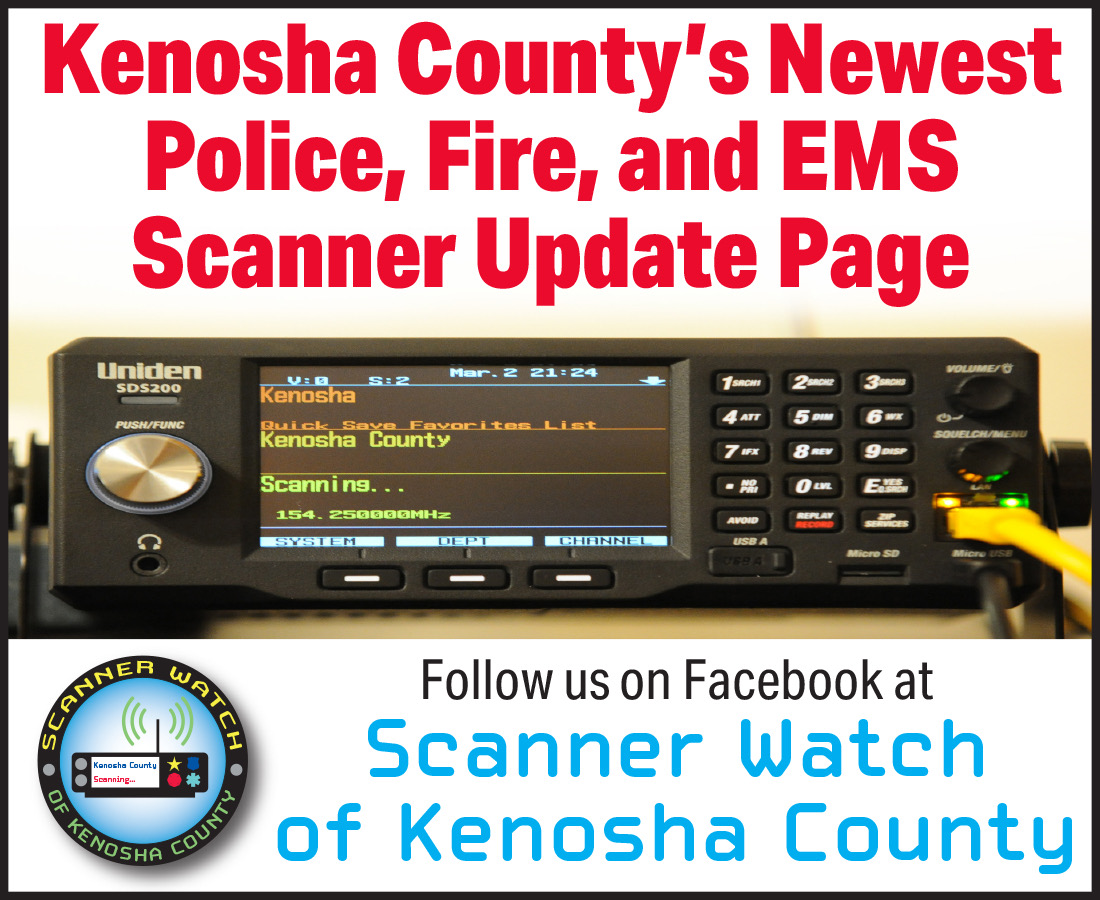









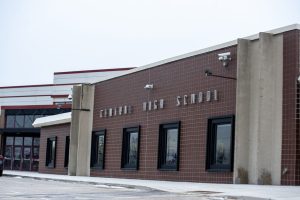
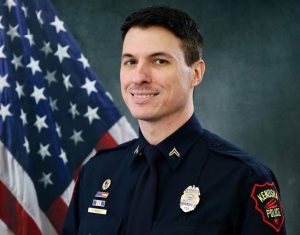
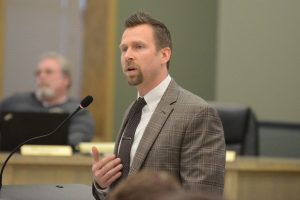
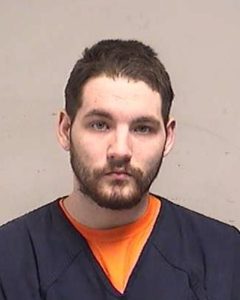
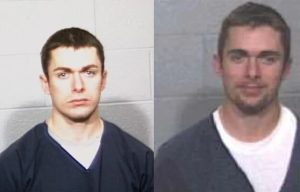
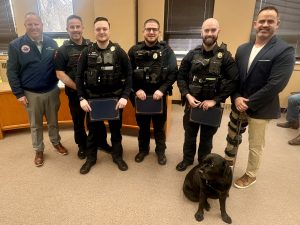

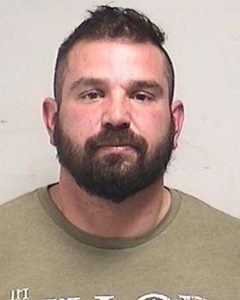


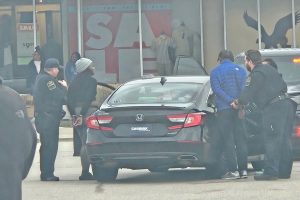
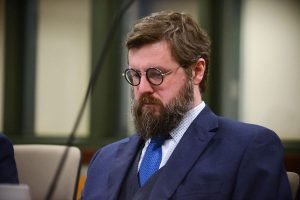



13 Responses
Chief Patton is right. Plus the sheriff’s office has taken action to reduce public transparency. This is reminiscent of some tinhorn dictator.
Ignoring the childish Trump derangement syndrome comment, I will address the sheriff’s department by saying I believe they are wrong simply because whether they admit it or not, this is a policy that will be encouraging and requiring deputies to spend more time staring down at their computer screen while driving. While it can be very inconvenient to share radio chatter with the general public, we don’t necessarily have any right to listen to things that could jeopardize the safety and successful clearance of officers’ calls. While it’s fun to listen in and know everything, it frequently can be used by the bad guys to elude discovery and capture. Whatever happened to the scramble channels they went to some years back when they felt all those newfangled digital scanners were a problem?
The comment about a dictator is appropriate. I was with a group of students from China on a tour of a television station. In the newsroom they were mesmerized by the numerous scanners. One of the students was surprised to learn what they were and then asked, “You mean the police let you listen to what they are doing?” Sometimes we have to step back and listen to wisdom from elsewhere.
The point about too much eye attention to a screen makes sense. KSD has had deputy involved accidents because of this.
China, yes. Not exactly an open society, is it?
Good, the public doesn’t need to know some old lady on the 13800 block of whatever was swindled by some fraudster. Most of radio traffic is benign and unimportant. I see the City’s point, they work in closer proximity and have a greater call volume. The county is different.
Klink is a good cop. He probably doesn’t comprehend the potential harm. Plus the greatest prophylaxis for corruption is transparency.
All radio communication should be encrypted. This way, Allen M. Dunski, Jr. won’t be able to profit from public airwave transmissions and have to give out $10 handjobs to feed his pathetic ass.
I will go along with ^^^^^
Horrible idea. Everytime a deputy is dispatched to a call he has to pull over to read the call notes? That’s the dumbest shit ever. Just encrypt the channels. Maybe it will work for deputies that are out in county but not for the ones that are near Prairie or City.
Why can’t they use long strings and plastic cups? Worked in my day.
Come on now Fred, you know that on The Flintstones, the patrol cars had radios in the dash. He even had color TV at home. You can’t fool me, I know my cave paintings. Next you’ll be saying Wilma over Betty, when you know darn well Betty would be the freak 👍🏻
Yet another solution in search of a problem.
It is acceptable to grant the general public access to radio conversations related to accidents or DUI chases. However, access should not be provided during an ongoing bank robbery or during social unrest that led to the destruction of our city by Antifa and associates. It is unnecessary to inconvenience our deputies by requiring them to read the computer while driving; they can simply switch to a predetermined frequency. This is not about a lack of transparency; it is about effectiveness.